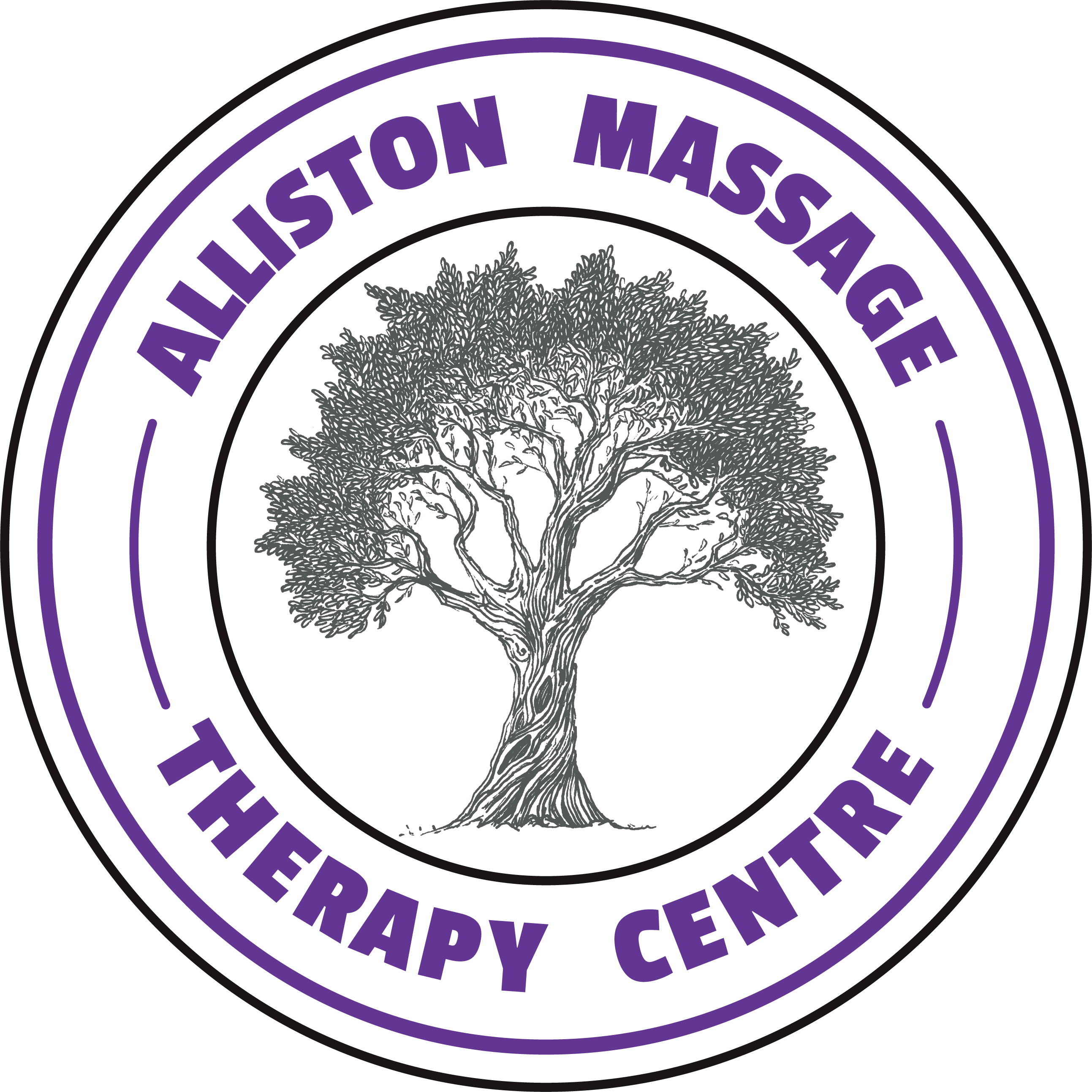Massage Therapy
Massage Therapy can help manage the symptoms associated with a variety of conditions
What is Massage Therapy?
Massage Therapy can be used as an alternative form of treatment to help manage the symptoms associated with a variety of conditions. Whether you are an elite athlete, week end warrior, coping with chronic illness, repetitive strain injuries or someone who wants to invest the time into staying mobile long into your 80’s and 90’s, massage can assist you with staying on track and reaching your goals.
Massage can also be an effective compliment to other treatment modalities you may already be receiving.
A variety of techniques, performed at a rhythmic pace, are used to facilitate and improve muscle and connective tissue health. Hydrotherapy and remedial exercises are often coupled with the massage treatments in order to have lasting effects on the body’s tissues. Massage helps to elicit relaxation, improve circulation, relieve pain and promote a state of general wellbeing.
Performed at a slow pace, massage techniques are used to target tissues deep in the body to help decrease scar tissue and muscle tension in order to increase joint function and mobility. High level athletes and people with chronic conditions can benefit from deep tissue massage and can experience noticeable changes in their performance and flexibility.
Using a modified massage table, a seated position can be a great alternative for people who may have difficulty getting on the massage table or have injuries or conditions that require an alternate position for receiving treatment.
Home care exercises can play an important role in maintaining the ongoing benefits to muscles and joints following massage therapy treatments. As little as 2-3 exercises, performed on a regular basis, can make measurable improvements in your posture and your overall well being. We won’t over prescribe, so you will be able to manage your home care with ease and make it a part of your daily routine.
Having a proper assessment completed on an initial visit, allows us to determine what the best course of treatment will be and to monitor your progress throughout your plan of care. It is not mandatory, but it does help us create a treatment plan to target the problem areas, and have positive results.
